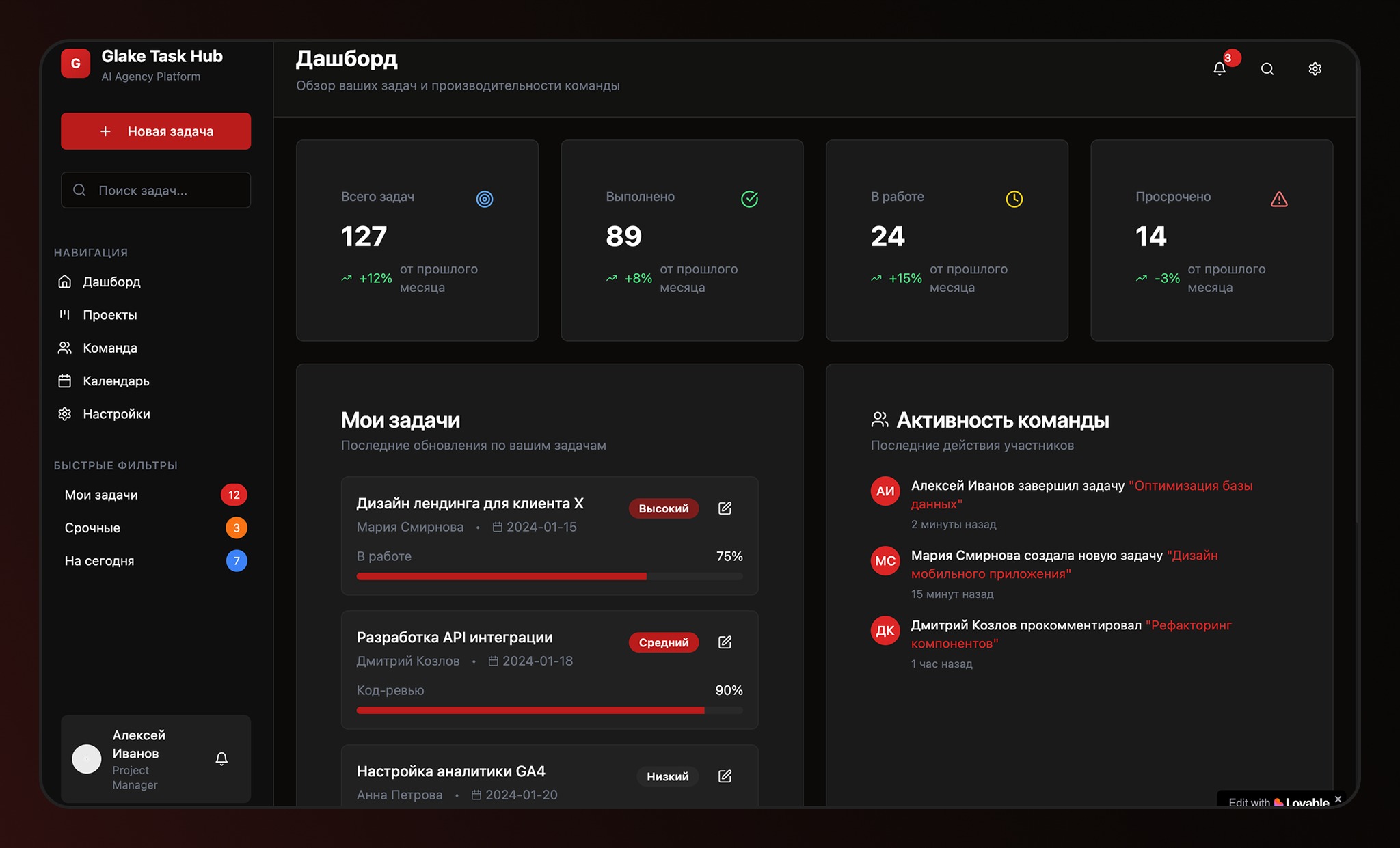The scientific publication is presented this Thursday in a specialized journal Cell Stem cellshows work that is on the verge of bioethics, since for the first time a human organ was created inside an animal, more precisely a human kidney in a pig.
The scientific feat was accomplished by a group of Chinese scientists and Spanish doctor Miguel Angel Esteban at the Guangzhou Institute of Biomedicine and Health.
The feat involved reprogramming adult human cells until they regained the ability to form any organ or tissue in the body. The team introduced these pluripotent human cells into days-old pig embryos that had been genetically modified to prevent them from developing pig kidneys.
“Human cells occupied this empty niche and formed a vestigial kidney, an intermediate phase of the renal system called mesonephros. These embryos “human pigs were carried by sows for up to 28 days, which is about a quarter of the gestation period of the species,” according to a publication in the Spanish newspaper El País.
Miguel Angel Esteban commented on the consequences of his work:
“The question is whether it is ethically right to allow pigs to be born with mature, humanized kidneys. Everything will depend on the degree of contribution [de las células humanas] in other pig tissues. Very few human cells were scattered throughout the brains and spinal cords of the pig embryos. To eliminate any ethical concerns, we further modify the human cells so that they cannot in any way enter the central nervous system of the pig,” says the Spanish doctor.
For his part, nephrologist Rafael Matesanz, founder and former director of the Spanish National Transplantation Organization, commented on the risks of what Esteban and the Chinese did.
“The big risk is that the cells will enter the central nervous system and produce a human pig. Or that they get into the reproductive system and the same thing,” he warns. “All these experiments are clearly related to China, where the legislation is much more lenient than in Spain or the United States,” Matesanz says in the newspaper El País.
Source: Digital Trends
I am Garth Carter and I work at Gadget Onus. I have specialized in writing for the Hot News section, focusing on topics that are trending and highly relevant to readers. My passion is to present news stories accurately, in an engaging manner that captures the attention of my audience.











